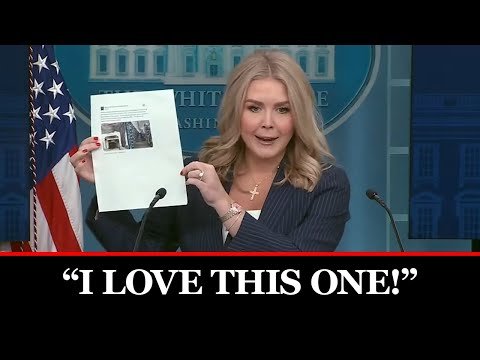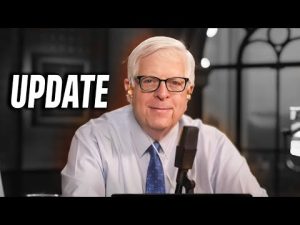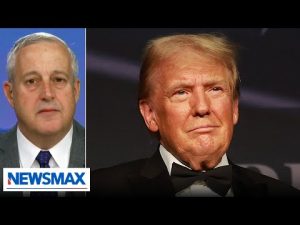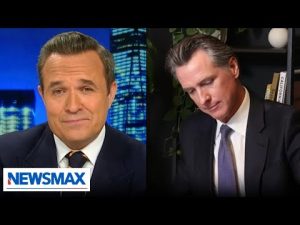**Elon Musk and Transparency: The White House’s Spotlight on “Doge”**
In a flurry of excitement and accusations swirling around the government’s spending habits, one man has managed to commandeer the spotlight: Elon Musk. During a recent Oval Office meeting, Musk purportedly brought to light a series of alleged financial frauds that have been hiding in the depths of federal contracts. The dialogue that ensued has sparked not only intrigue but a whirlwind of news coverage, arguing that transparency in government, particularly surrounding Musk and his Dogecoin project, should be the new norm.
This transparency campaign aims to address what has often been termed as the “waste, fraud, and abuse” within government expenditures. Musk, ever the entrepreneur and tech mogul, is no stranger to shaking things up. Government officials have been quick to laud his commitment to ensuring that taxpayer dollars are being spent wisely. They claim that Musk’s involvement with “Doge”—a playful nod to the famous meme cryptocurrency—is instrumental in revealing problematic contracts, like a $36,000 deal with the U.S. Citizenship and Immigration Services that contradicts the current administration’s America First agenda. Musk’s hands-on approach has been described as an effort to inject some much-needed accountability into the federal spending machine.
Yet, not everyone is buying into the glitz of this newfound so-called transparency. Critics have raised eyebrows over whether there truly is a conflict of interest arising from Musk’s engagement with the government as a special government employee. However, the administration has been keen to dispel those concerns, asserting that all standard conflict-of-interest laws are being scrupulously followed. It remains to be seen if those skeptics will be satisfied with these assurances, or if they will continue to question Musk’s role and influence.
One of the most eye-catching moments from the press briefing was when officials laid bare the “receipts” Musk has provided regarding various government contracts. The administration is quoted as being enthusiastic about its willingness to expose these documents and further elaborate on the dubious contracts unearthed by Doge. Some of these expenditures, like a $3.4 million contract related to diversity initiatives at the U.S. Patent and Trademark Office, have the administration labeling them as “wasteful” and “contrary to the President’s priorities.”
Musk has not just limited himself to fiscal matters; he has also sparked discussions about profound topics such as the efficiency of federal programs, including Medicare and Medicaid. Reports delivered to the press cited an astonishing figure of $2.7 trillion in improper payments identified by Congress, which raises eyebrows regarding the management of taxpayer funds. Everyone involved seems to agree: if something looks fishy, it probably is—especially when it comes to government spending.
While the administration insists it is championing transparency, it’s crucial to keep an eye on whether this front will yield more effective financial governance moving forward or if it’s merely an opportunity for certain individuals to bask in the limelight. As cheesy as it might sound, one could say the public will have to stay tuned to see what trends emerge—not just from Musk, but from the ongoing tug-of-war between scrutiny and accountability in Washington. In the meantime, one thing is evident: Musk’s Doge initiative is aiming to bring sound governance back to federal spending and possibly, just possibly, reframe how Americans view the links between technology and public service.



